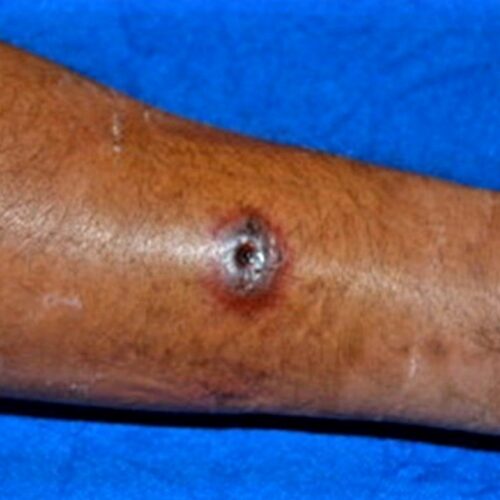Promote good governance, UNODC workshop participants urge media
Participants at a three-day workshop on Anti-Corruption in Nigeria organized by the United Nations Office on Drugs and Crime (UNODC) recently in Calabar have called on the mass media to promote good governance by upholding its responsibilities in accordance with the Constitution.
In a communiqué passed at the end of the workshop, the participants also urged the media to forge a national consensus in the fight against corruption through the use of the Freedom of Information (FOI) Act, open data, e-governance and other transparency initiatives.
They stressed the need for the media to be familiar with Anti-Corruption laws and support their enforcement in line with due process while also urging them to establish Anti-Corruption desks.
“Media managers and journalists are urged to uphold the ethics of the profession and maintain integrity.
“Media owners are encouraged to take the welfare of their staff as top priority,” the communiqué further urged.
The participants emphasized the importance of value re-orientation of citizens in the fight against corruption and also recommended the need to curb institutional corruption through systemic reviews.
Earlier in a welcome remark, The National Project Officer, UNODC, Nigeria Country Office, M r. Sylvester Tunde Atere restated UNODC mandate of providing assistance in areas related to the prevention and control of transnational organized crimes, including drug trafficking, human trafficking, smuggling of migrants and arms trafficking, related crimes such as money-laundering and corruption as well as terrorism in line with the respective UN Conventions and universal instruments.
He told the participants that the aim of the EU-funded project is to provide effective support to anti-corruption coordination, policy formulation and legislation based on a sound evidence base; strengthen institutional and operational capacity in the nine main anti-corruption agencies, the Police and the Judiciary with an emphasis on cooperation; while also enhancing accountability, transparency and public engagement.
“Since the start of its anti-corruption efforts, Nigeria has demonstrated resolve and has progressed with its policy goals, in particular with regard to adopting a legal framework, establishing anti-corruption institutions and signing international instruments, such as the UN Convention against Corruption (UNCAC), to address this problem.
“The anti-corruption sector currently has a reasonable quantity and quality of legislative texts, statutes and mandates to carry out its work. Though the existing legal framework could be improved further (specifically in areas relating to preventive action, incentives for reporting, whistle blowing and witness protection), it provides a fair basis for anti-corruption agencies to conduct their work, if it were fully enforced,” he further said.
Mr. Atere listed some contributions of the project to Nigeria’s anti-corruption efforts since its inception. These include: The Extradition Act (Modification) Order 2014; Federal High Court, Extradition (Proceedings) Rules 2015; Federal High Court Sentencing Guidelines for Corruption and Related Offences 2015; and A 33,000 household survey on governance and corruption, among others.






0 Comments
No Comments Yet!
You can be first to comment this post!